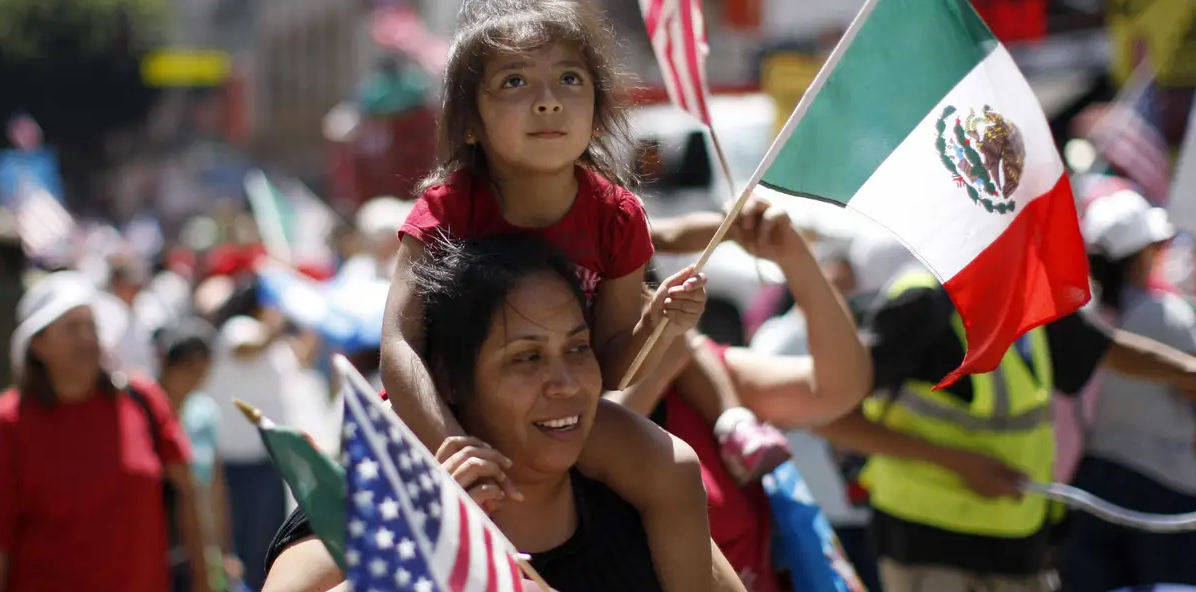Combating Disinformation Targeting Vulnerable Communities
MacArthur Foundation
The scale and speed by which disinformation travels impacts the lives of ordinary people in profound and damaging ways. Americans are being misled, manipulated, and driven apart, and the most marginalized communities—immigrants, communities of color, people with limited incomes in rural areas, and LGBTQ+ people—suffer the severest consequences as a result.
The Journalism and Media program invests in just and inclusive news and narratives to create the conditions for a well-informed and engaged American public to collaboratively build a more equitable, democratic society. But media designed to advance the public good, hold power to account, or build mutual understanding must compete with false news, damaging narratives, and conspiracy theories created by unreliable sources with the intent to sow confusion and distrust.
For over a year, our program has been considering how we might address disinformation. We have yet to find an easy path or solution. We have, however, prioritized our initial investments in helping to build the resiliency of targeted and vulnerable communities to withstand and combat disinformation. This has included grants to the Disinfo Defense League (DDL), a distributed national network of organizers, researchers, and experts disrupting online racialized disinformation; and Free Press, which has been leading efforts to develop a policy agenda to confront threats to democracy, health, and safety in online spaces. DDL and Free Press join other MacArthur grantees that have created anti-disinformation strategies of their own. MORE

